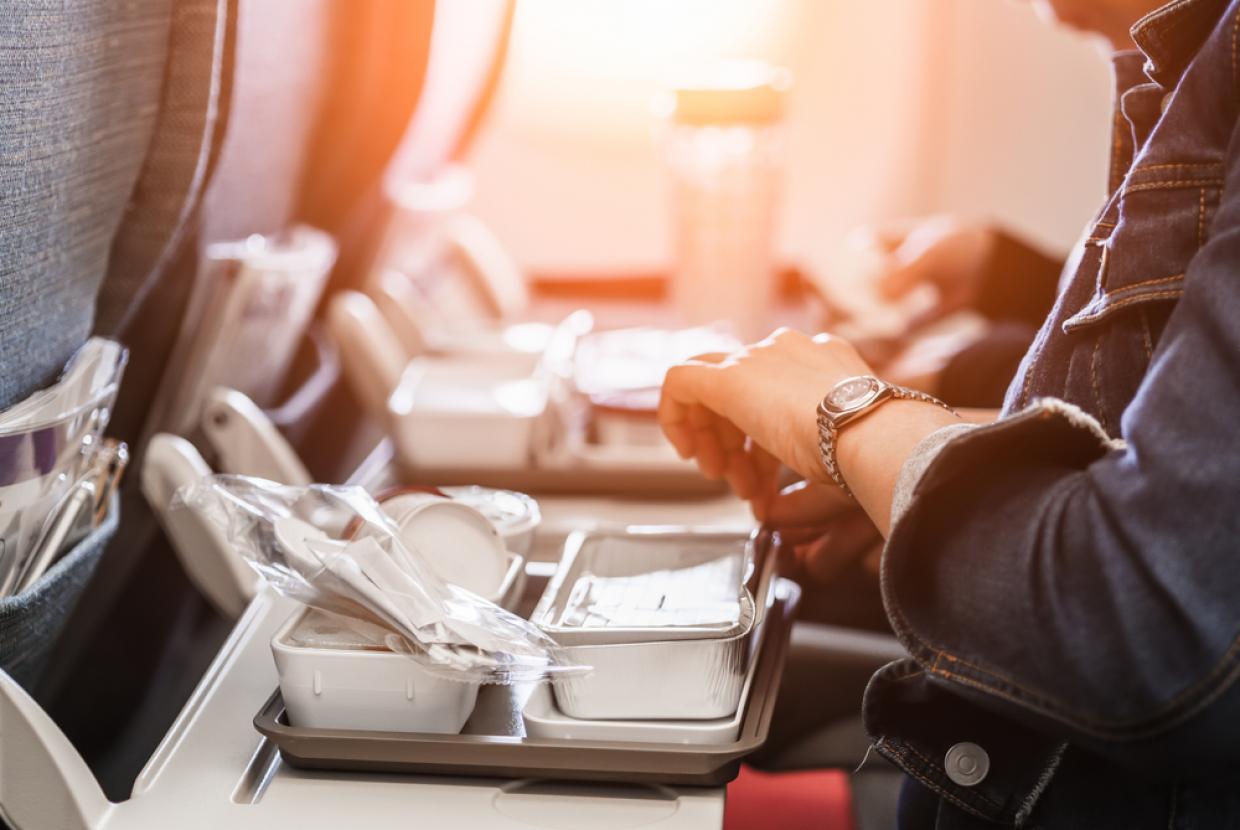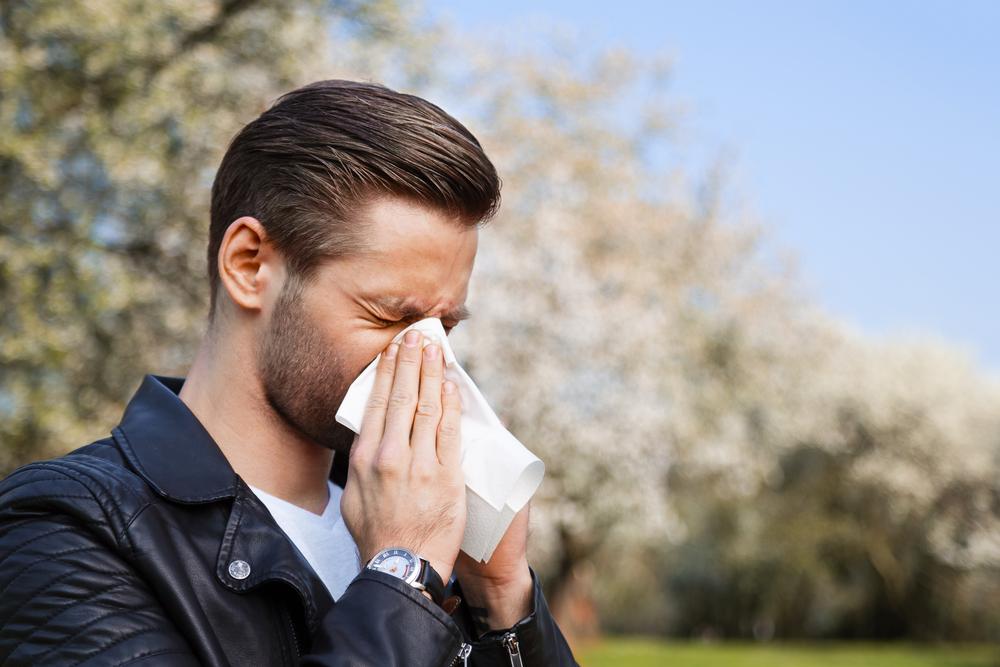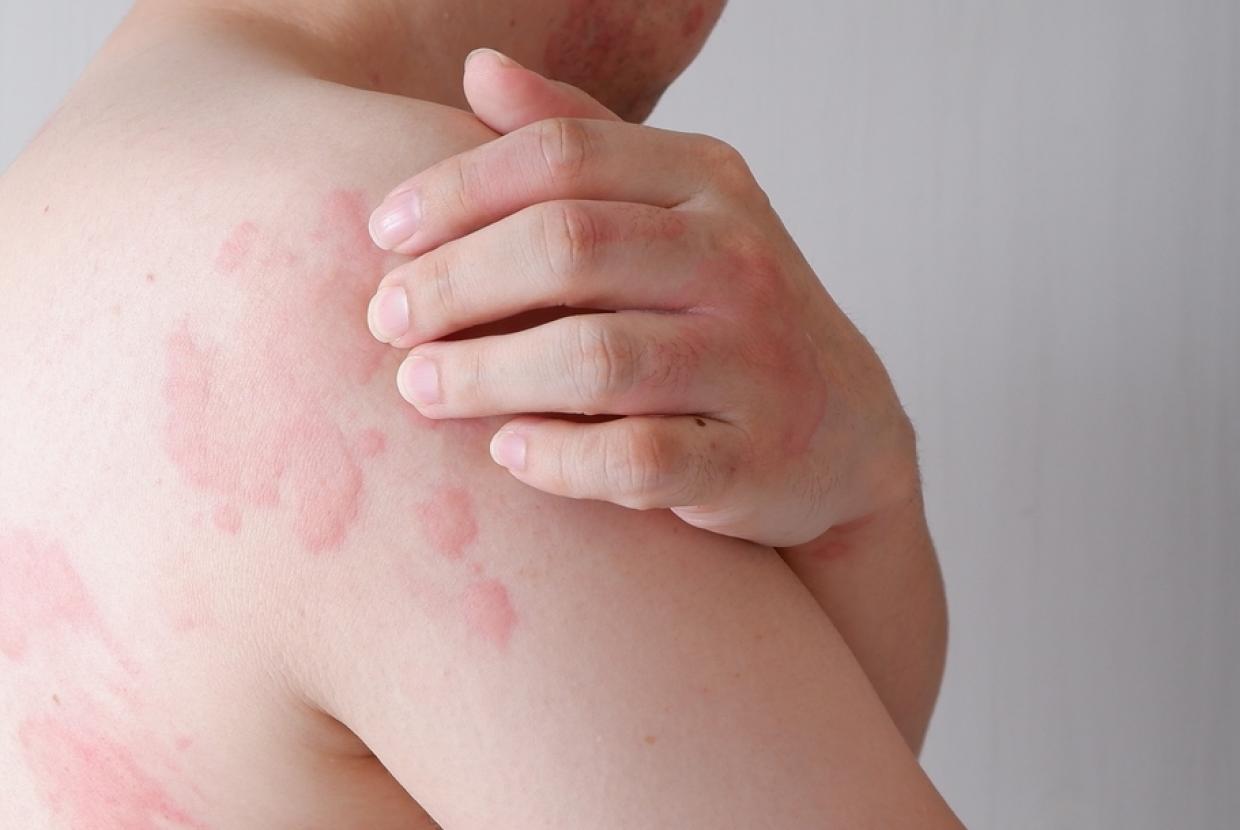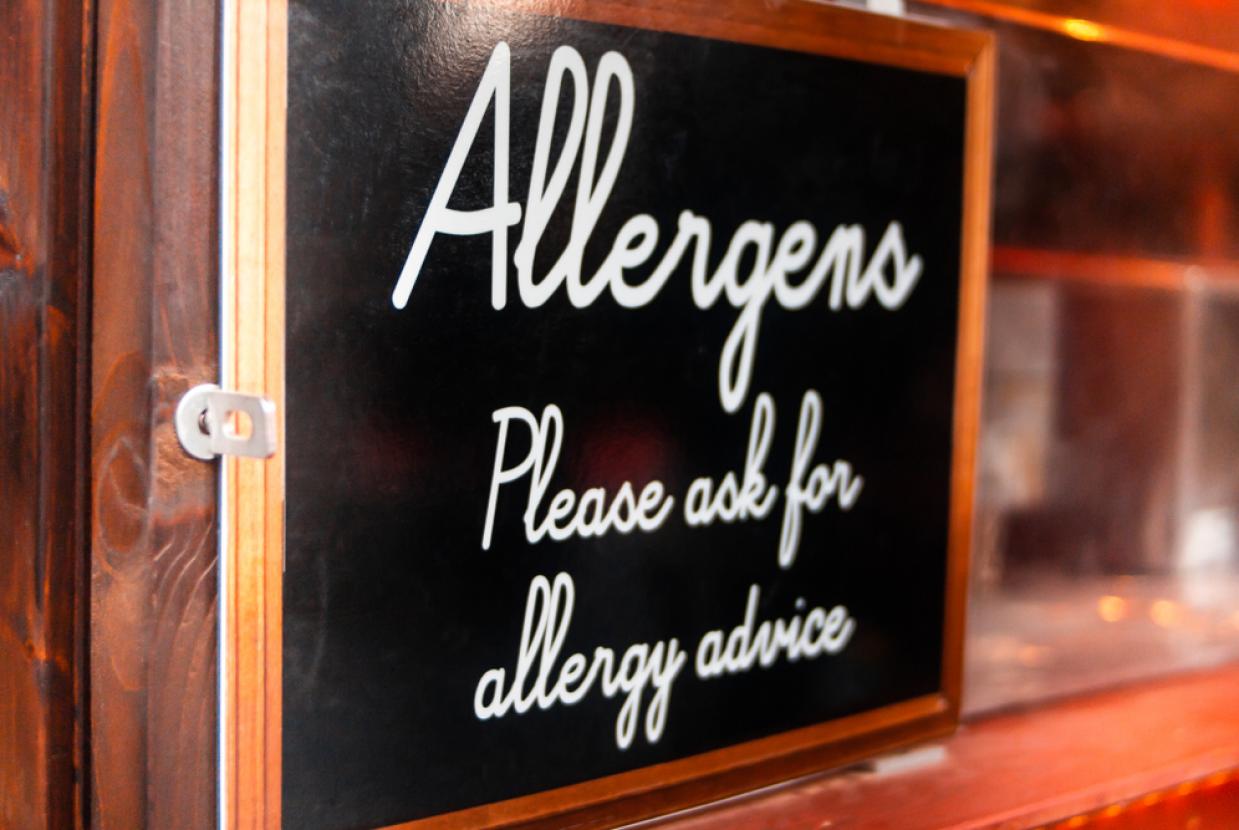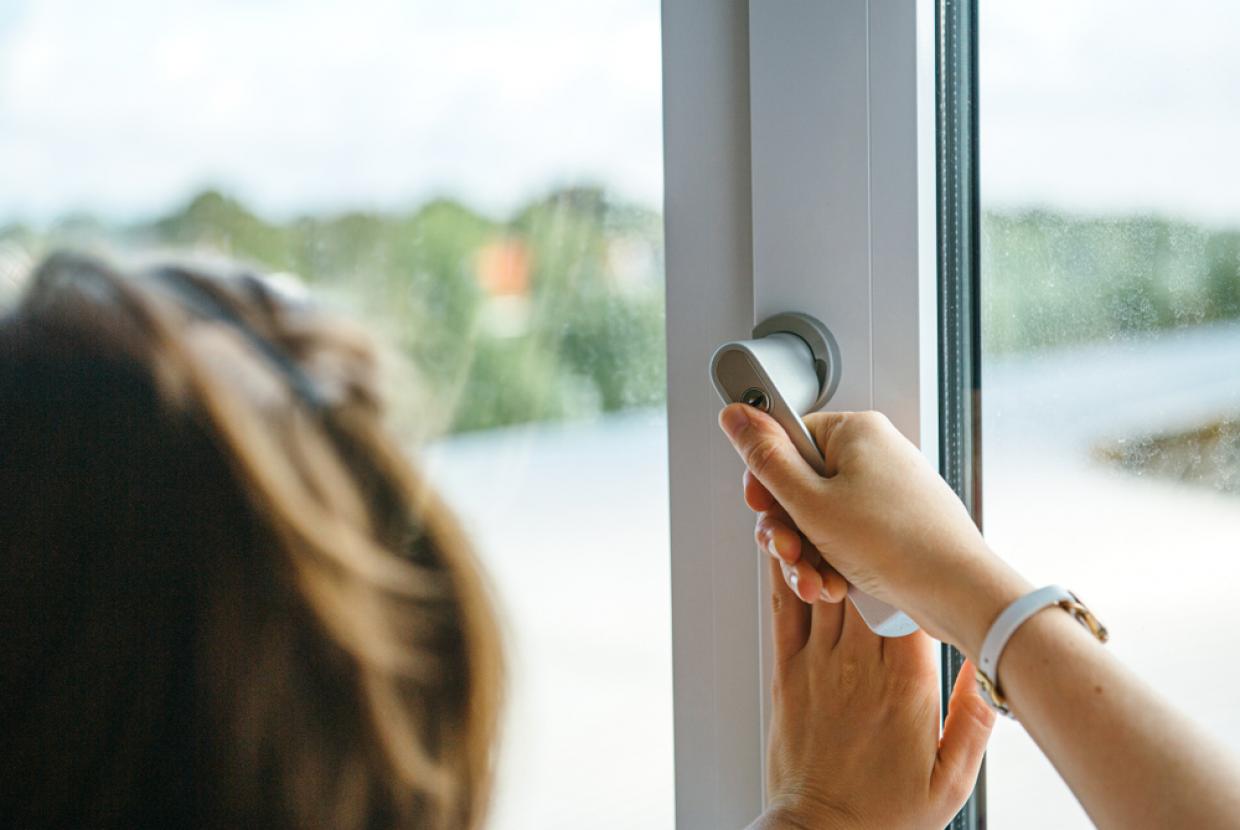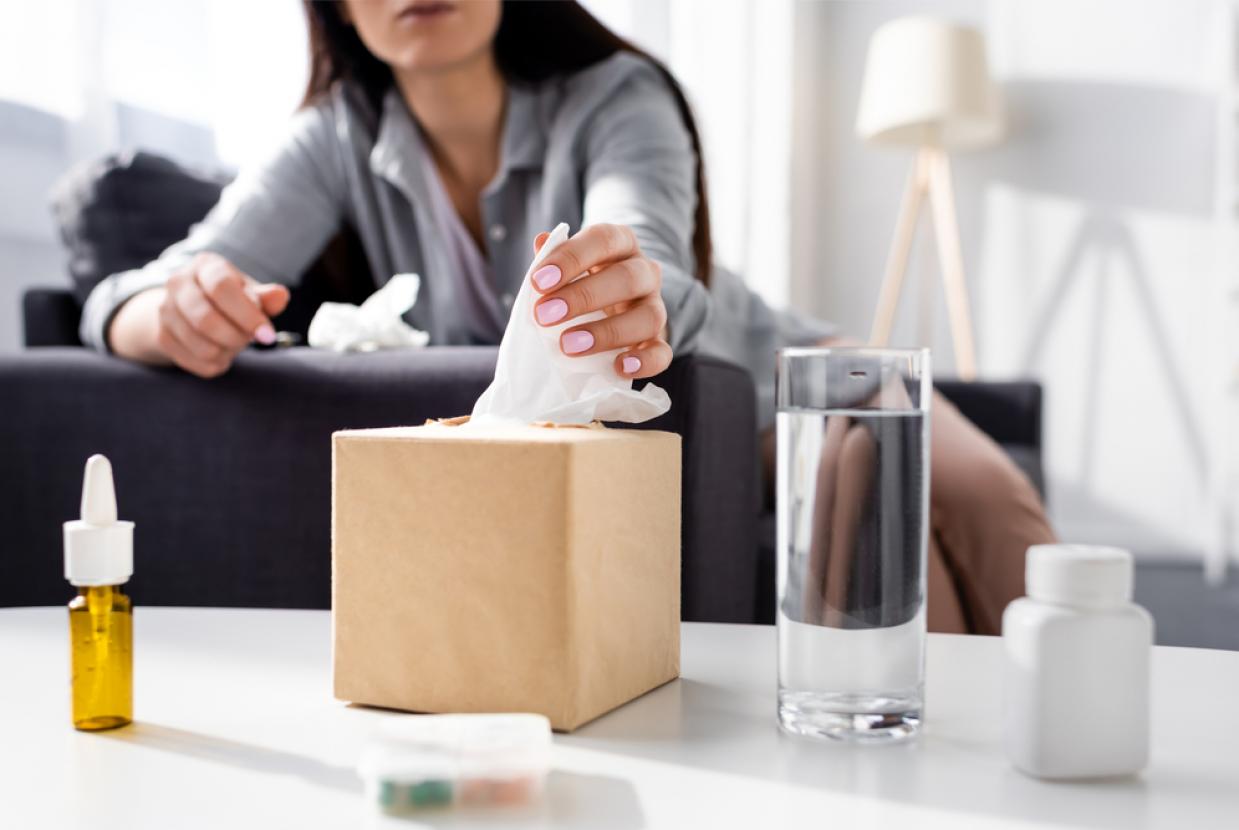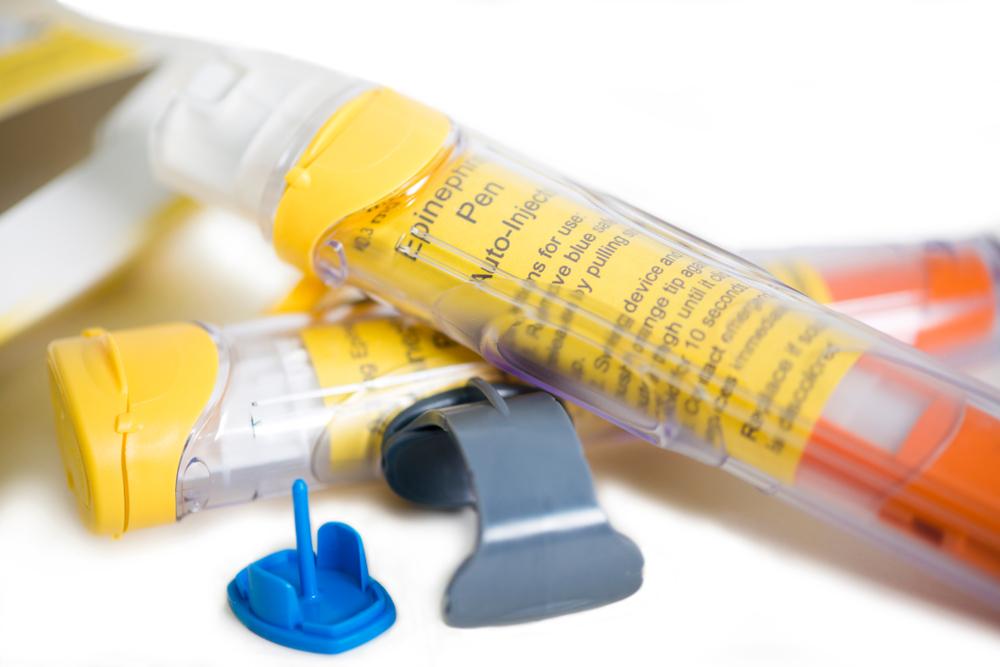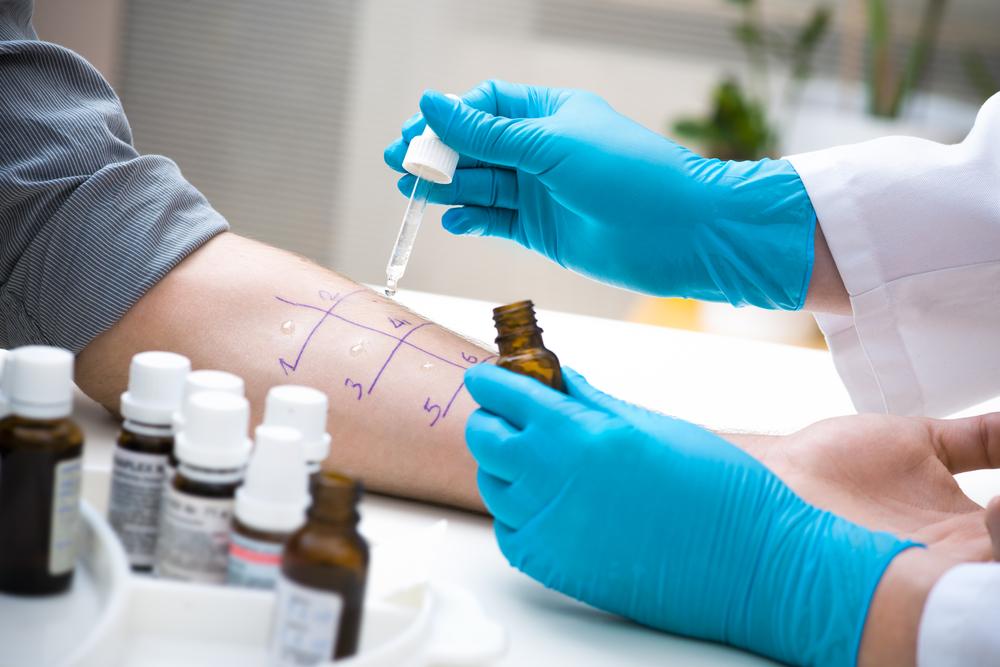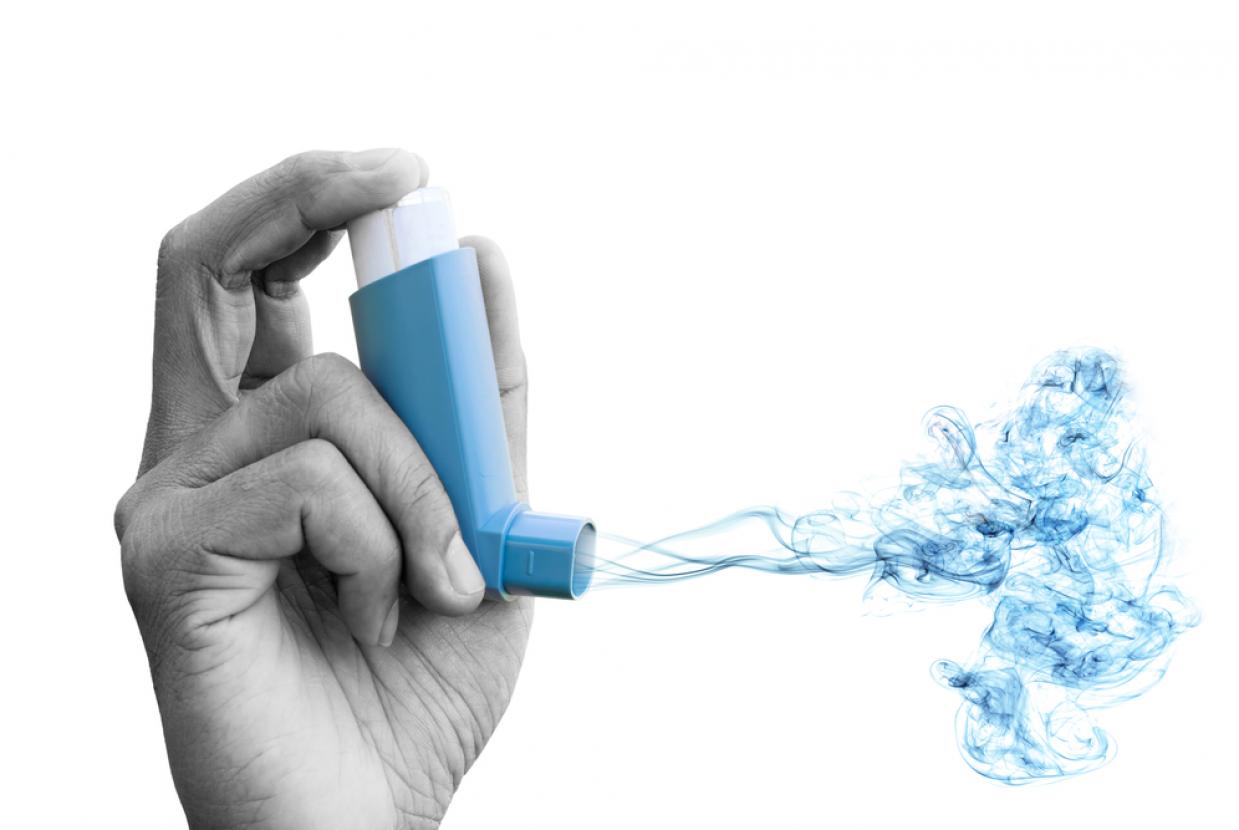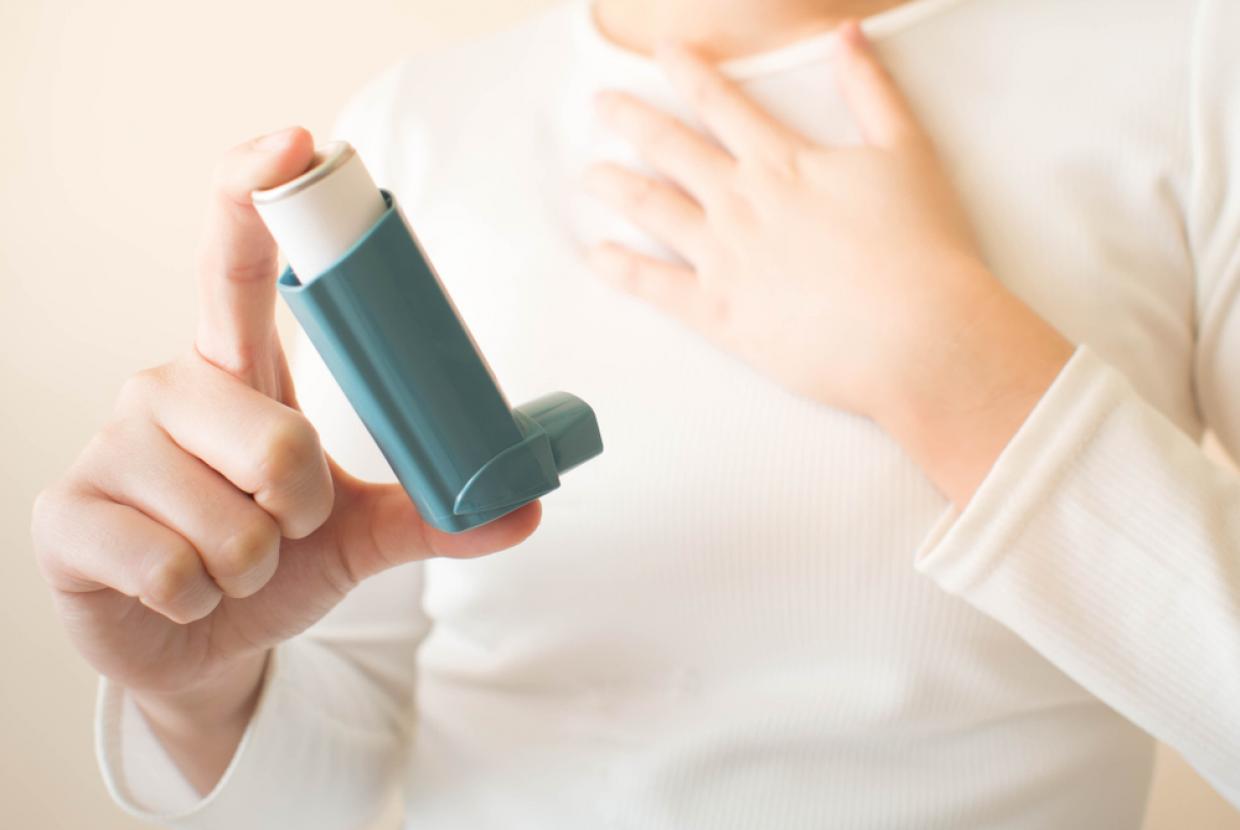Travelling
Travelling when you or a loved one have an allergy can be daunting, and can bring extra challenges. Travelling with a nut allergy on planes could be a scary concept. Simple things like choosing location, booking a flight or picking accommodation can be filled with extra questions and things to consider.
Travelling abroad
Having an allergy means you have to be aware of triggers which could affect your allergies on a day to day basis. However, if you plan ahead, you can still enjoy travelling and holidays abroad. The destination of your travel and choice of transport are important considerations when planning a holiday or travel.
When booking a holiday abroad, consider:
- How will you get there? (see planning a flight for more information)
- Do you understand the language?
- Do you have adequate supplies of medication for your holiday?
- Do you have translation cards available?
- Have you found out where the nearest emergency department is?
- Do you know the number for emergency services?
- Does your travel insurance cover your allergies?
Travelling overseas may mean that language can be a barrier to communicating the needs of someone with a food allergy. Translation Cards are a useful way of communicating food allergy in another language and are useful for travel and when eating out whilst on holiday.
Planning a flight
Individual airlines will have their own policy on food allergy management, this will vary depending on the provider. Make sure you’re aware of the policy for your chosen provider and that you’ve alerted them in advance of your trip. Keep in mind the airline you’re talking to may not be the one that’s definitely flying the plane. Some are franchised to other airlines, who may or may not have the same policy or be unaware of specific arrangements.
If you wish to know whether snacks or foods containing specific allergens are served during the flight, then it is advisable to raise this question when you make contact with the airline before booking.
The 100ml liquid rule for hand luggage does not apply to medication in liquid form (for example antihistamine in syrup form) but a copy of your prescription or letter from your doctor as proof of need may be required. The same documentary proof is required for Adrenaline Auto-Injector’s (AAI’s).
Top tips when flying or planning to fly with a food allergy:
- Before booking your holiday check the airlines policy on food allergy so you can make an informed decision on travelling with them or finding an alternative.
- The time you travel could have an impact, airplanes are typically deep cleaned overnight, so the first morning flight is likely to lower the chances of cross contamination on the surfaces. However, if you have a milk or egg allergy, flying in the evening could reduce the amount of potential allergy triggers on your flight.
- Consider arriving early to allow plenty of time to reconfirm your requests regarding, seating and early boarding.
- Carry your allergy medication in your hand luggage, ensuring it is accessible at all times, in your suitcase in the luggage hold is not a suitable place for storage.
- Check your allergy medication has not expired or will not expire whilst you are travelling.
- See your doctor/nurse for prescriptions to cover your holiday, a letter about any medication needed and an up to date allergy and/or asthma plan.
- Communication is key-inform airline staff of your food allergy at every opportunity, at booking, on boarding the aircraft and before any food supplied by the airline is eaten.
- Take a pack of wipes with you, to clean down the seating area especially the tray table.
- Avoid using the airline’s pillows and blankets, as they are frequently not washed and just re-wrapped between flights.


